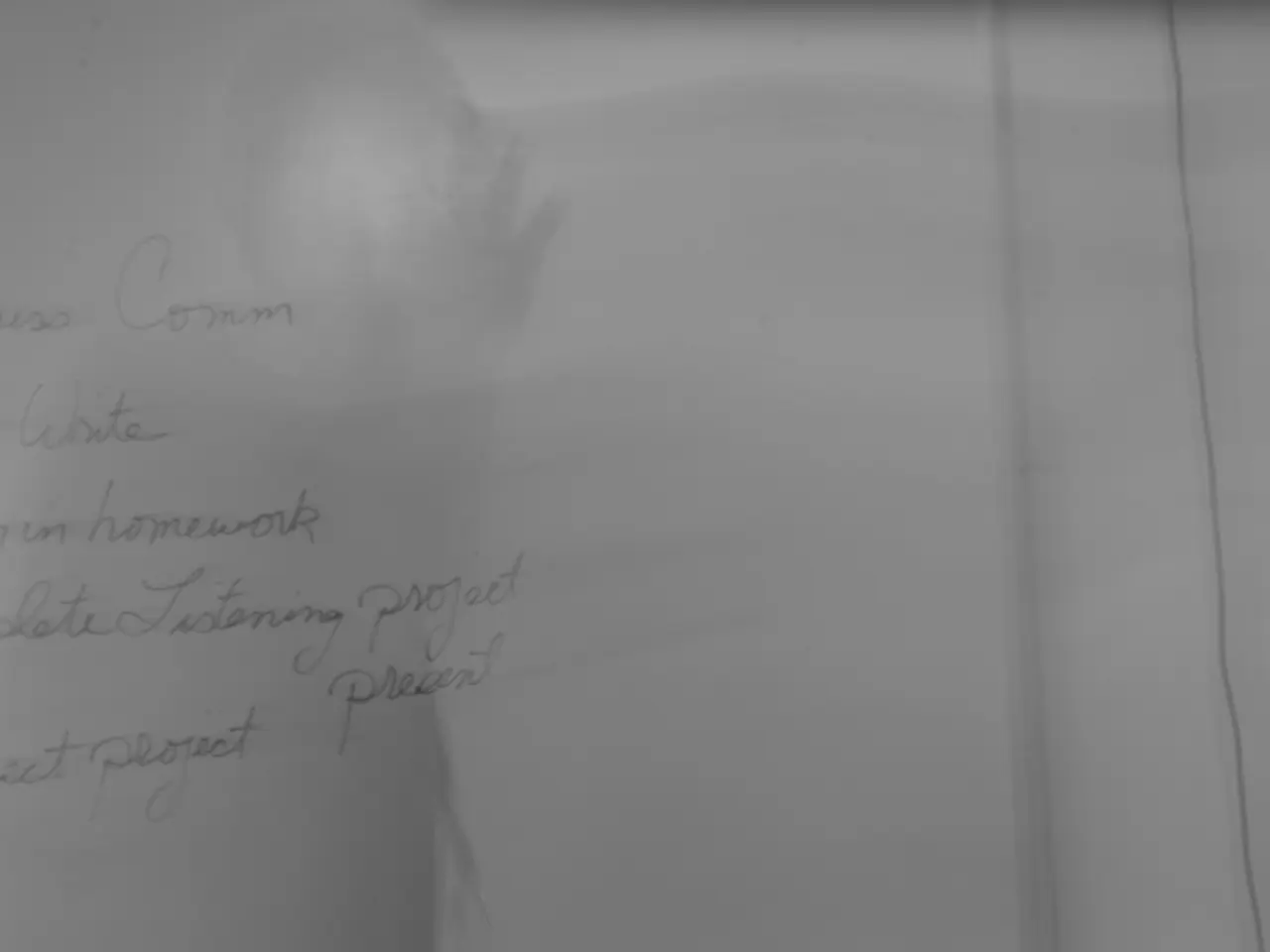Overturned Verdict for Ex-OpenSea Manager in First Known Instance of Crypto Insider Trading Infraction
Nathaniel Chastain, a former product manager at OpenSea, has had his 2023 conviction for wire fraud and money laundering related to NFT insider trading overturned by the U.S. Second Circuit Court of Appeals in July 2025.
Chastain was initially accused of using nonpublic internal knowledge about which NFT collections OpenSea planned to feature on its homepage to purchase these NFTs in advance and later resell them for up to five times the price, earning illicit profits. He was arrested in June 2022, convicted in May 2023, and sentenced to three months in prison plus three years of supervised release.
The appeals court ruled that the jury received flawed instructions, which allowed them to convict Chastain based on unethical conduct rather than a clear criminal violation. Specifically, the court agreed with Chastain’s argument that the information he used did not constitute OpenSea’s "property," a key element needed to prove wire fraud under federal law.
The court held that misappropriation of intangible internal information not tied to traditional property rights cannot sustain a fraud conviction. This decision highlighted the legal ambiguity in applying traditional fraud and insider trading laws to digital assets like NFTs.
The case was previously the most prominent conflict of interest-related crypto industry prosecution in the U.S. It was also the first known U.S. insider trading case involving NFTs and digital assets, raising important questions about how securities and fraud laws apply in the crypto and NFT space.
The court's ruling does not mean that Chastain's conduct was not still potentially criminal. The appeals court did not find compelling evidence that Chastain was personally aware of any trades made by OpenSea CEO Devin Finzer at the time of the events in question. The appeals court also did not address whether Finzer's conduct was potentially criminal.
The story was updated after publication to clarify statements made by the appeals court regarding OpenSea CEO Devin Finzer. The case has been sent back to the initial district court (in Manhattan) for further proceedings consistent with the appeals court’s decision.
Sources: [1], [2], [3], [4]
- The appeals court's ruling in Nathaniel Chastain's case, a former product manager at OpenSea, has brought attention to the legal ambiguity in applying traditional fraud and insider trading laws to digital assets like NFTs.
- Chastain was accused of using nonpublic internal knowledge about which NFT collections OpenSea planned to feature on its homepage, and his conduct potentially benefited from crypto, eth, and token transactions.
- The overturned conviction of Chastain for wire fraud and money laundering has raised important questions about how securities and fraud laws apply in the business of crypto, NFTs, and digital assets.
- The misappropriation of intangible internal information not tied to traditional property rights, as was the case with Chastain's NFT insider trading, cannot sustain a fraud conviction according to the U.S. Second Circuit Court of Appeals.





